Law Relating to Disciplinary Proceedings in Industries
Discipline is essential if organised group action is to be effective of productive, irrespective of the fact whether the group is an establishment, a business or a factory or an industrial undertaking or nation. At times, disciplinary actions have to be initiated to ensure that the wrong doer is punished.
The principles and procedure of disciplinary action are governed by standing orders/service rules but mainly by the principles of natural justice and their application to domestic enquiries. There is no codified law for domestic enquiries and at many times the enquiry officers and the representatives of employers and employees are faced with dilemmas as to whether a particular procedure adopted is in accordance with the principles of natural justice or not. In the absence of clear enumeration and applicability of these principles in varying circumstances, the results can be disastrous.
In private employment a domestic enquiry is that of mistrust which arises essentially because the charge-sheet is given by the employer and the enquiry is also held by an officer or an outsider appointed by the employer. The employer, as such represents both, the prosecutor and the Judge. A suspicion of or bias is inevitable in such a situation. This is the main reason that the delinquent employees do not have faith in the enquiry officer. They participate reluctantly and take every possible step to frustrate the enquiries. They raise number of objections right from the validity of the appointment of enquiry officer. They also demand to be represented either by a lawyer or the Union leaders. They ask for a number of documents whether relevant or not. Also the delinquent employees or their representatives do not restrict the cross-examination of the witnesses and the enquiry officer has to take a decision under the given circumstances. This book provides appropriate solutions to such problems.
In this book, the important principles of law relating to disciplinary action are elucidated in one place with analysis of the decided cases.
Get it now and save 10%
BECOME A MEMBER

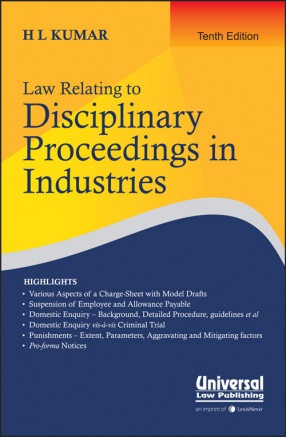

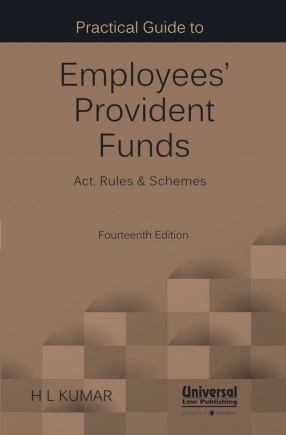
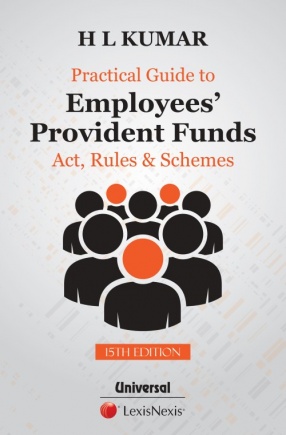
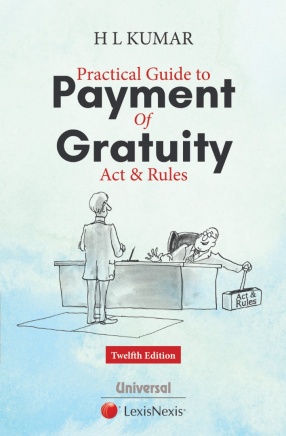
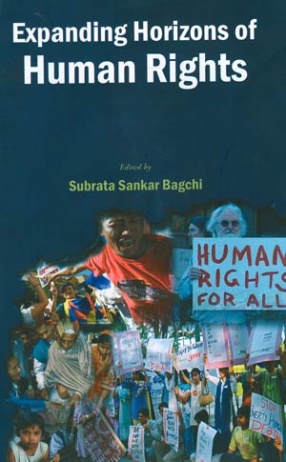
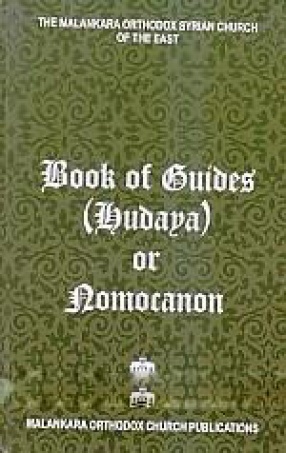
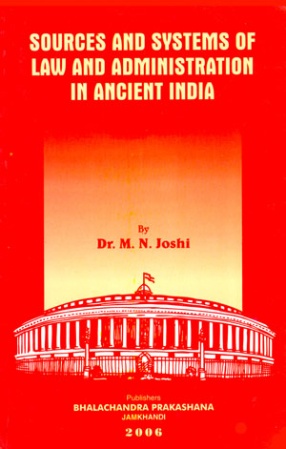
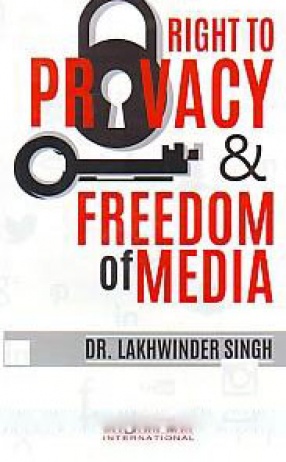

Bibliographic information